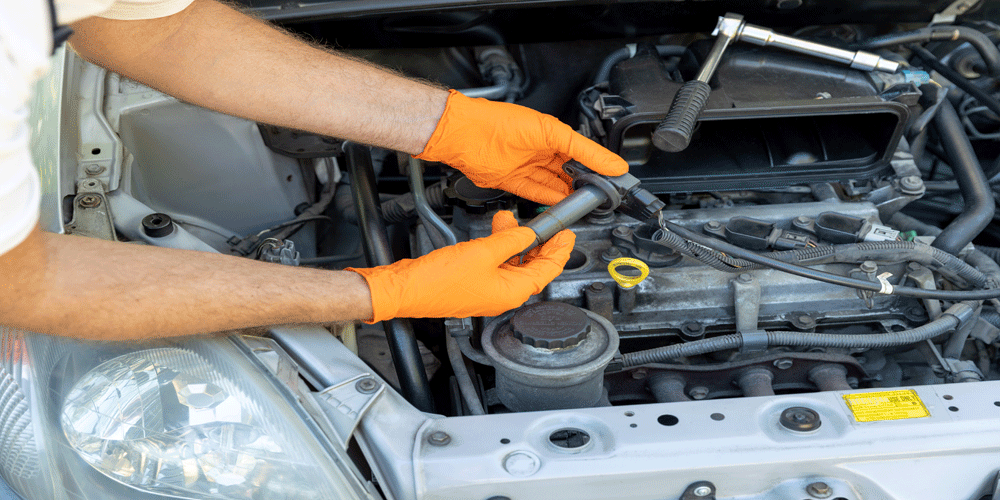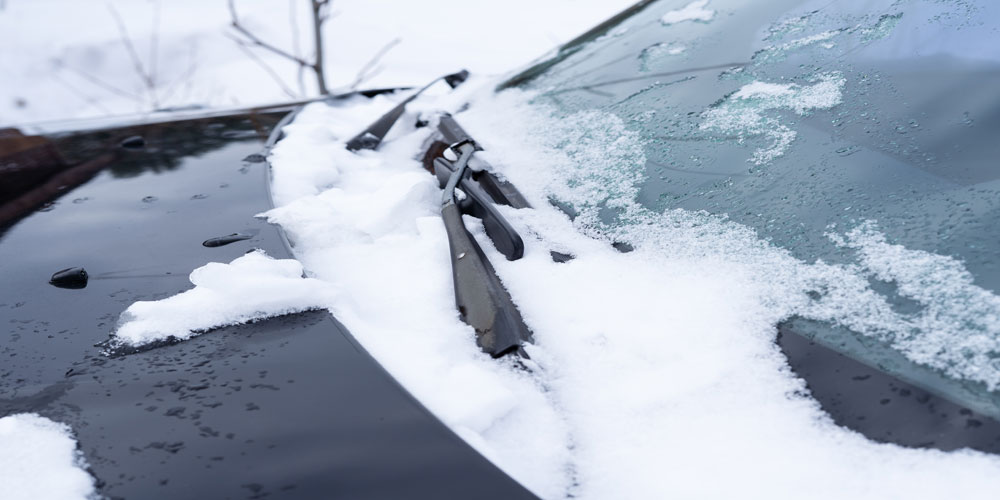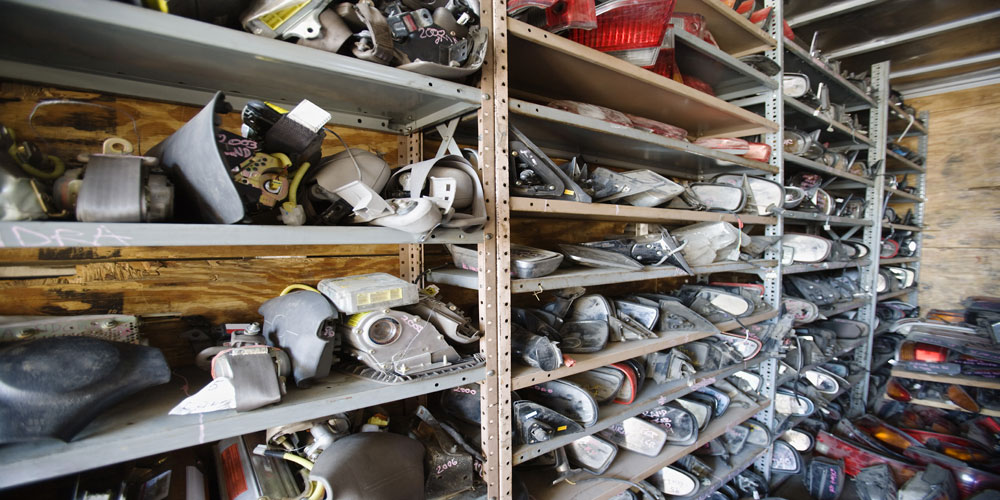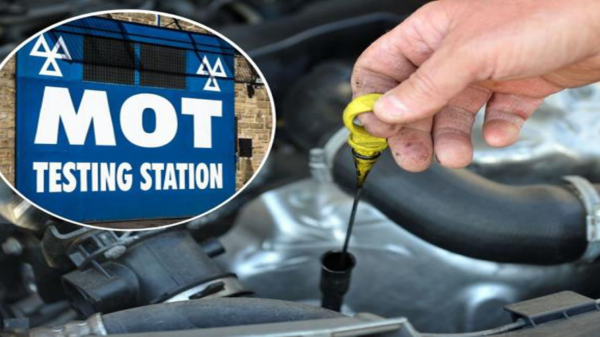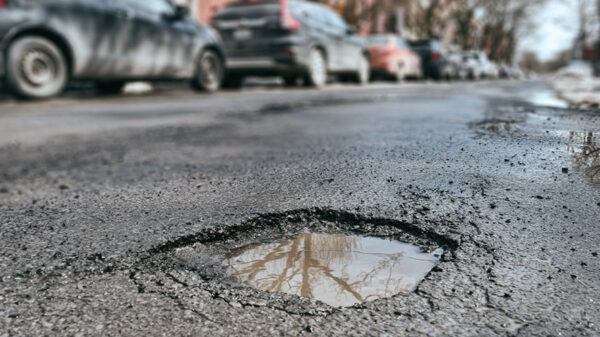Owning an older vehicle can be a great way to save money, but it’s important to be aware of the typical expenses that come with it. In this post, we’ll explore some of the expenses you can expect when running an older vehicle and how buying from a scrap yard can help you save money.
Repairs and maintenance
One of the biggest expenses you’ll face when running an older vehicle is repairs and maintenance. Older cars tend to have more wear and tear, and parts can break down more frequently. This means you’ll need to budget for regular maintenance and unexpected repairs.
Fuel costs
Older cars tend to be less fuel-efficient than newer models. This means you’ll need to budget more for gas, especially if you’re driving long distances or using your car for daily commuting.
Insurance costs
Insurance rates are generally higher for older cars because they are more likely to be involved in accidents and more expensive to repair. Be sure to shop around for insurance and consider factors like your driving record and the age of your car when getting quotes.
Registration fees
In some states, registration fees for older cars can be higher than for newer models. Check with your local DMV to see what the fees are in your area.
Now, let’s talk about how buying from scrap yards can help you save money when running an older vehicle. Scrap yards are a great source for used parts that can be much cheaper than buying new from a dealer. This is especially useful if you have an older car that is no longer in production, making it difficult to find replacement parts.
When buying from a scrap yard, be sure to inspect the part before purchasing to ensure that it’s in good condition. You should also ask about any warranties or guarantees offered by the scrap yard.
DIY repairs
If you’re handy with a wrench and have some mechanical know-how, you can save a lot of money by doing your own repairs and maintenance. YouTube and other online resources are a great place to start if you’re new to car repairs.
Regular maintenance
Regular maintenance is crucial for keeping your older vehicle running smoothly and preventing costly breakdowns. Be sure to follow the manufacturer’s recommended maintenance schedule and address any issues promptly.
Consider a warranty or extended warranty
If you’re concerned about unexpected repair costs, consider purchasing a warranty or extended warranty for your older vehicle. This can give you peace of mind and protect your finances in case of a major repair.
Shop around for parts and services
When it comes to repairs and maintenance, it pays to shop around. Get quotes from multiple mechanics and compare prices for parts from different suppliers. You may be able to find a better deal and save money in the long run.
Drive defensively
Defensive driving can help you avoid accidents and reduce the risk of costly repairs. Be aware of your surroundings, follow traffic laws, and avoid aggressive driving behaviors like speeding and tailgating.
When running an older vehicle can be a cost-effective option, but it requires careful budgeting and maintenance to keep costs under control. By following these tips and being proactive about repairs and maintenance, you can save money and enjoy your older vehicle for years to come.


